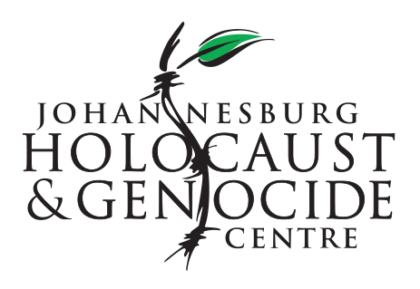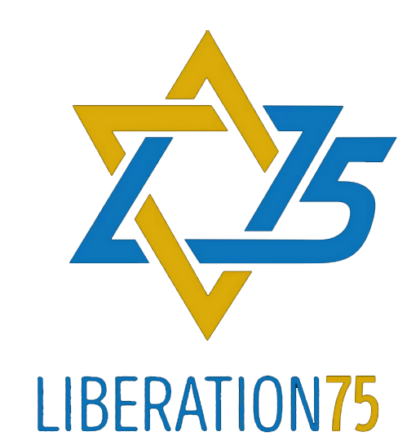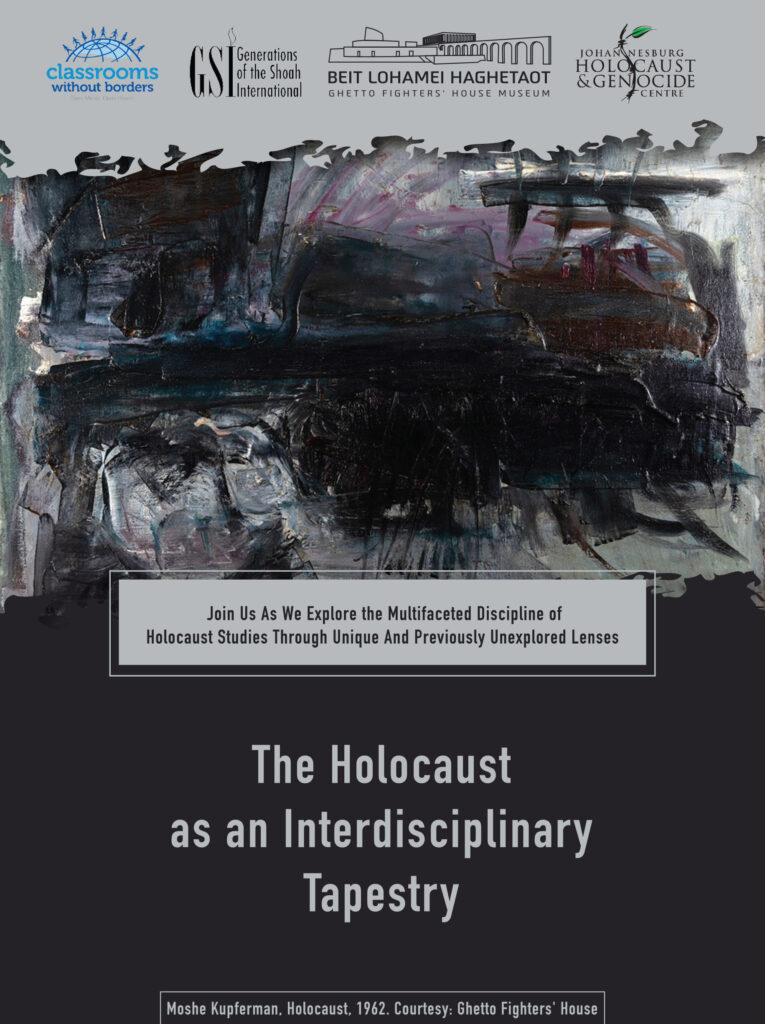
The Ghetto Fighters’ House invites you to a new eight part series, exploring the multifaceted discipline of Holocaust Studies through unique and previously unexplored lenses: “The Holocaust as an Interdisciplinary Tapestry”.
The series will engage with scholars and experts who grapple with themes related to Holocaust studies. The series will explore the multifaceted discipline of Holocaust Studies through different lenses. The series will include scholars whose research and publications shed new light in this field of study that continues to grow and develop. Our experts will challenge us to understand the causes, impacts, and legacies of the Holocaust.
The first program will feature Dr. Robert Krell, Professor Emeritus, Department of Psychiatry, University of British Columbia and Holocaust survivor, who will give a presentation on: Psychiatry and the Holocaust.
This series is in cooperation with Classrooms Without Borders, the Johannesburg Holocaust & Genocide Centre, Generations of the Shoah International, and in partnership with Liberation75.
A NEW 8 Part Series exploring the multifaceted discipline of Holocaust Studies through unique and previously unexplored lenses.
Our 1st Session will feature Dr. Robert Krell Discussion on Psychiatry and the Holocaust
Classrooms Without Borders, in coordination with Tali Nates, Founder and Director of the Johannesburg Holocaust & Genocide Centre, Madene Shachar, Director, “Talking Memory” online lecture series & International Educational Programs the Ghetto Fighters’ House, Esther Toporek Finder, member of the GSI Coordinating Council, Generations of the Shoah and in partnership with Liberation75 is pleased to embark on this new innovative series “The Holocaust as an Interdisciplinary Tapestry”.
This 8 part series will engage with scholars and experts who grapple with themes related to Holocaust studies. The series will explore the multifaceted discipline of Holocaust Studies through different lenses. The series will include scholars whose research and publications shed new light in this field of study that continues to grow and develop. Our experts will challenge us to understand the causes, impacts, and legacies of the Holocaust.
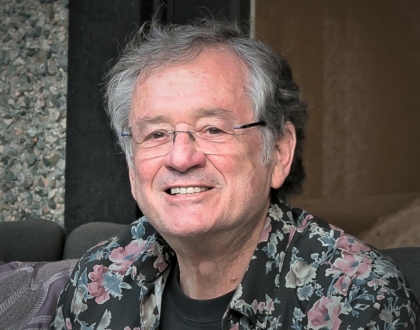
Robert Krell C.M., M.D., F.R.C.P.(C)
Professor Emeritus, Department of Psychiatry, University of British Columbia
Dr. Roert Krell was born in Holland and survived the Holocaust in hiding. The Krell family moved to Vancouver, Canada where he obtained an MD from the University of British Columbia and eventually became professor of psychiatry. Dr. Krell was Director of Child Psychiatry and also treated Holocaust survivors and their families as well as Dutch survivors of Japanese concentration camps.
He established a Holocaust education program for high school students in 1976, an audio-visual documentation program recording survivor testimony in 1978 and assisted with the formation of child survivor groups starting in 1982. Dr. Krell served on the International Advisory Council of the Hidden Child Gathering in New York in 1991.
He founded the Vancouver Holocaust Education Center which opened in 1994 and which teaches 20,000 students annually.
For his activities in Holocaust education and remembrance, human rights and social justice, he has received the State of Israel Bonds Elie Wiesel Remembrance Award, the Boston University Hillel Lifetime Achievement Award, the Queen Elizabeth Diamond Jubilee Medal, the Governor General’s Caring Canadian Award as well as special recognition from the World Federation of Jewish Child Holocaust Survivors and Descendants. On December 30, 2020 he was awarded Canada’s highest civilian honour, the Order of Canada.
He has authored and co-edited ten books, twenty-one book chapters and over fifty journal articles. His memoir Sounds from Silence: Reflections of a Child Holocaust Survivor, Psychiatrist and Teacher was published in 2021.Presently his interests remain the psychiatric treatment of aging survivors of massive trauma and participating in programs against racism and prejudice. Dr. Krell is married and has three children and nine grandchildren.
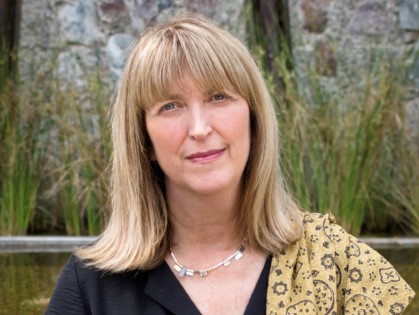 Tali Nates is the founder and director of the Johannesburg Holocaust & Genocide Centre (JHGC) and Chair of the South African Holocaust & Genocide Foundation (SAHGF). She is a historian who lectures internationally on Holocaust and genocide education, memory, reconciliation, and human rights. Born to a family of Holocaust survivors, her father and uncle were saved by Oskar Schindler. Tali has been involved in the creation and production of dozens of documentary films, published many articles and contributed chapters to different books among them God, Faith & Identity from the Ashes: Reflections of Children and Grandchildren of Holocaust Survivors (2015), Remembering The Holocaust in Educational Settings (2018), Conceptualizing Mass Violence, Representations, Recollections, and Reinterpretations (2021) and The Routledge Handbook of Memory Activism (2023).
Tali Nates is the founder and director of the Johannesburg Holocaust & Genocide Centre (JHGC) and Chair of the South African Holocaust & Genocide Foundation (SAHGF). She is a historian who lectures internationally on Holocaust and genocide education, memory, reconciliation, and human rights. Born to a family of Holocaust survivors, her father and uncle were saved by Oskar Schindler. Tali has been involved in the creation and production of dozens of documentary films, published many articles and contributed chapters to different books among them God, Faith & Identity from the Ashes: Reflections of Children and Grandchildren of Holocaust Survivors (2015), Remembering The Holocaust in Educational Settings (2018), Conceptualizing Mass Violence, Representations, Recollections, and Reinterpretations (2021) and The Routledge Handbook of Memory Activism (2023).
In 2021 she was part of the 12-member Expert Group of the Malmö Forum, serving in an advisory capacity to the Secretariat of the Malmö Forum on their programme on Holocaust remembrance, education and actions to combat antisemitism. Tali serves on many Advisory and Academic Boards including that of the Contested Histories Initiative, the Interdisciplinary Academic Journal of Babyn Yar Holocaust Memorial Center and the Academic Advisory Group of the School of Social and Health Sciences, Monash University (IIEMSA), South Africa.
In 2010, Tali was chosen as one of the top 100 newsworthy and noteworthy women in
South Africa by the Mail & Guardian newspaper and won many awards including the Kia Community Service Award (South Africa, 2015), the Gratias Agit Award (2020, Czech Republic), the Austrian Holocaust Memorial Award (2021) and the Goethe Medal (2022, Germany).
Future Events in this Series:
- March 23 2023 Ethics and Law
- April 27 2023 Theology
- May 18 2023 Film
- June 15 2023 Police and Military
- September 21 2023 Judaic Studies
- October 26 2023 Gender Studies
- November 16 2023 Education
Thank you to our Partners:
